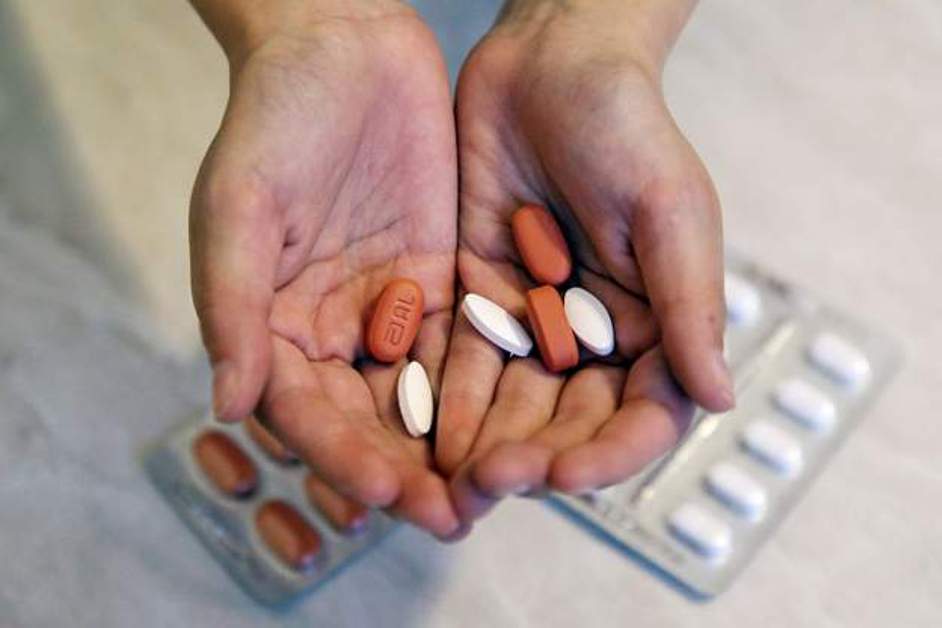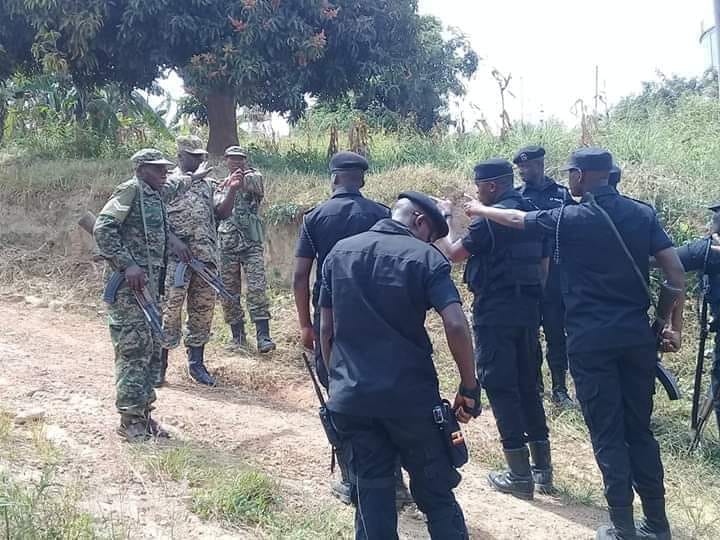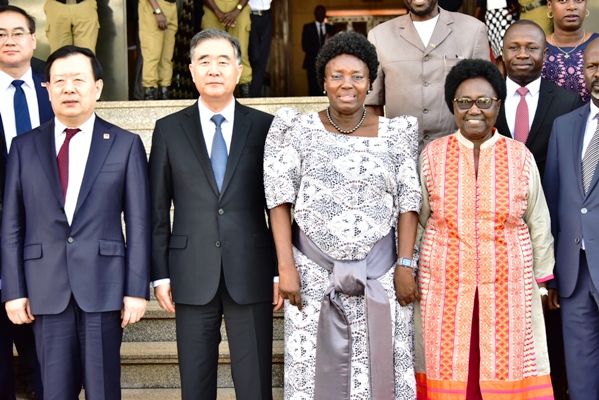HIV activists have raised concern about the continued high rates of HIV infection in Africa and renewed calls for strengthening prevention strategies. This follows another HIV vaccine trial that failed to make it through clinical trials.
Ntando Yola, an HIV advocate with the Desmond Tutu Health Foundation, one of the organizations that have been working on the botched study in South Africa told journalists that they were perturbed by the number of people who got newly infected in that controlled setting as participants in a trial started in 2017 by Global Pharmaceutical Johnson and Johnson.
Over a hundred women got infected. According to the Johnson and Johnson press release, data found that through 24 months of follow up, 63 of 1,109 participants received placebo compared to 51 of 1,079 participants who received active vaccine acquired HIV.
The Imbokodo trial has been going on in five countries in Africa and had 2,600 participants aged 18 to 35 enrolled where researchers were assessing whether the mosaic-based vaccine can safely and effectively reduce the rate of new HIV infections.
The failed vaccine was tested using the same technology that the company used recently to develop their single-dose COVID-19 which has since been given an emergency use approval by the World Health Organization.
Mitchell Warren, the head of the Global Advocacy for HIV Prevention (AVAC) told journalists that the trial only showed 25% effectiveness in preventing infection in HIV which means it was working very less effectively. He however warned that this should not scare people away from the COVID-19 vaccine by the same company since HIV operates very differently from the SARS- COV 2 virus.
Warren says data from this study only shows how desperately women in Africa not only need a vaccine but other prevention options.
Over the years, several groups of researchers have been trying to find a vaccine but all efforts have so far been futile. For instance, after a vaccine trial by another pharmaceutical company Merck failed in 2007, researchers got another impendent in 2009 after another study done in Thailand couldn’t produce results good enough for people to start taking HIV jabs. Efficacy among the people involved was estimated at 30%.
The most recent setback in the field of HIV vaccines was in February 2020 when a candidate by pharmaceutical companies Sanofi and GlaxoSmithKline involving more than 5400 participants in Africa was stopped by an independent data monitoring board over efficacy issues too.
But even then, researchers continue searching as another vaccine study called PrEPVacc is currently being conducted in Masaka, Mbeya in Tanzania; Dar-es-Salaam, Tanzania, Maputo, Mozambique and Durban, South Africa. Results of this are expected in 2023.
-URN





